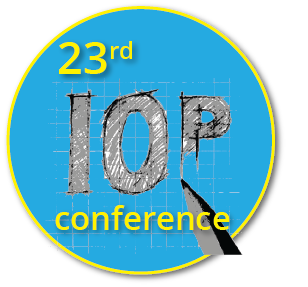Investigating the Impact of Community-Based Experiences on Students’ Learning: A Case of Biology 121
Presentation by: Susan Grossman, Pam Kalas, Latika Raisinghani
Session A | 9:00 – 9:40 | Room 201
Abstract:
Teaching and learning of many undergraduate science courses often remains confined within the boundaries of classrooms. Biology 121 is a large introductory course that serves over 1,800 undergraduate students each year at the University of British Columbia, Vancouver, Canada (UBC). One-third of this course curriculum is dedicated to the fundamental ideas and concepts in ecology which have traditionally been taught through in-class discussions and other activities. While classroom learning can serve as an excellent foundation, often the absence of relevant real-life experiences poses a significant challenge in making this learning meaningful for the students. In this presentation, we share the utilization of community-based experiential learning (CBEL) as one way to address this issue. To extend and strengthen students’ understanding of ecological concepts learned in the classroom, we gave them opportunity to engage in removal of invasive plant species for half a day at one of four Metro Vancouver regional parks. A sustained, three-way collaborative partnership among the Biology 121 teaching team, the UBC Centre for Community Engaged Learning (CCEL), and a local community partner, Metro Vancouver Parks played a key role in making this CBEL experience successful and rewarding for all people involved. To investigate the impact of this CBEL experience on students’ learning, we gathered students’ expectations, perceptions and their self-reflections on learning in form of pre-CBEL and post-CBEL written assignments, which were analyzed qualitatively by using NVivo. Findings indicate that by creating opportunities for students to relate their theoretical knowledge gained in the classroom, with practical, hands-on learning in a real-world, outdoor, community setting, this CBEL experience served as a contextualized approach of making learning relevant and meaningful for Biology 121 students. The main themes emerging from the data indicate that almost all students gained a more nuanced or completely new understanding of ecological concepts. Most students identified this CBEL experience empowering, and identified it as a valuable experience for themselves, for the community, country, and entire ecosystem. Many acknowledged that this experience has helped them in developing broader technical skills, which they can utilize in many other life contexts.

